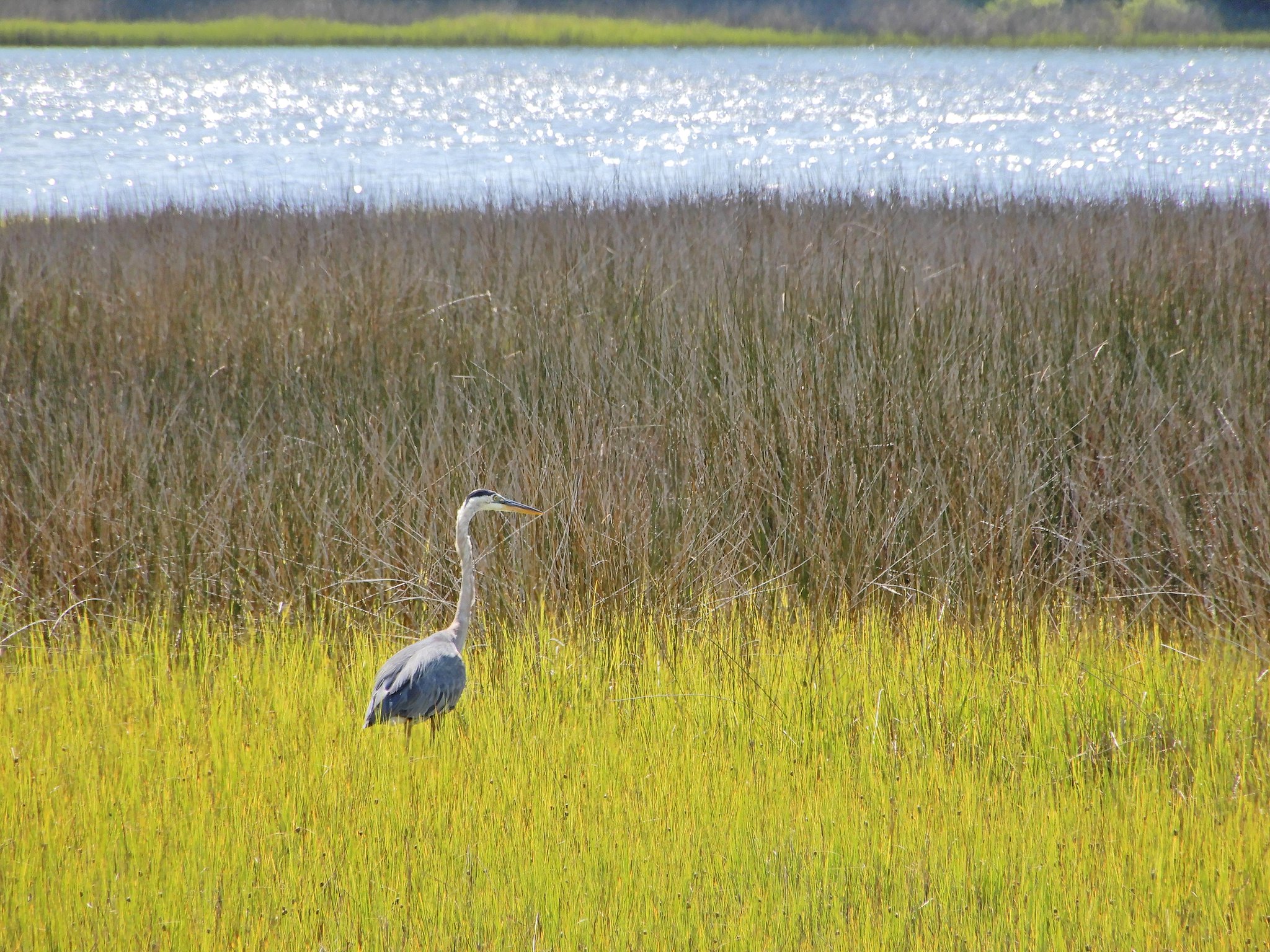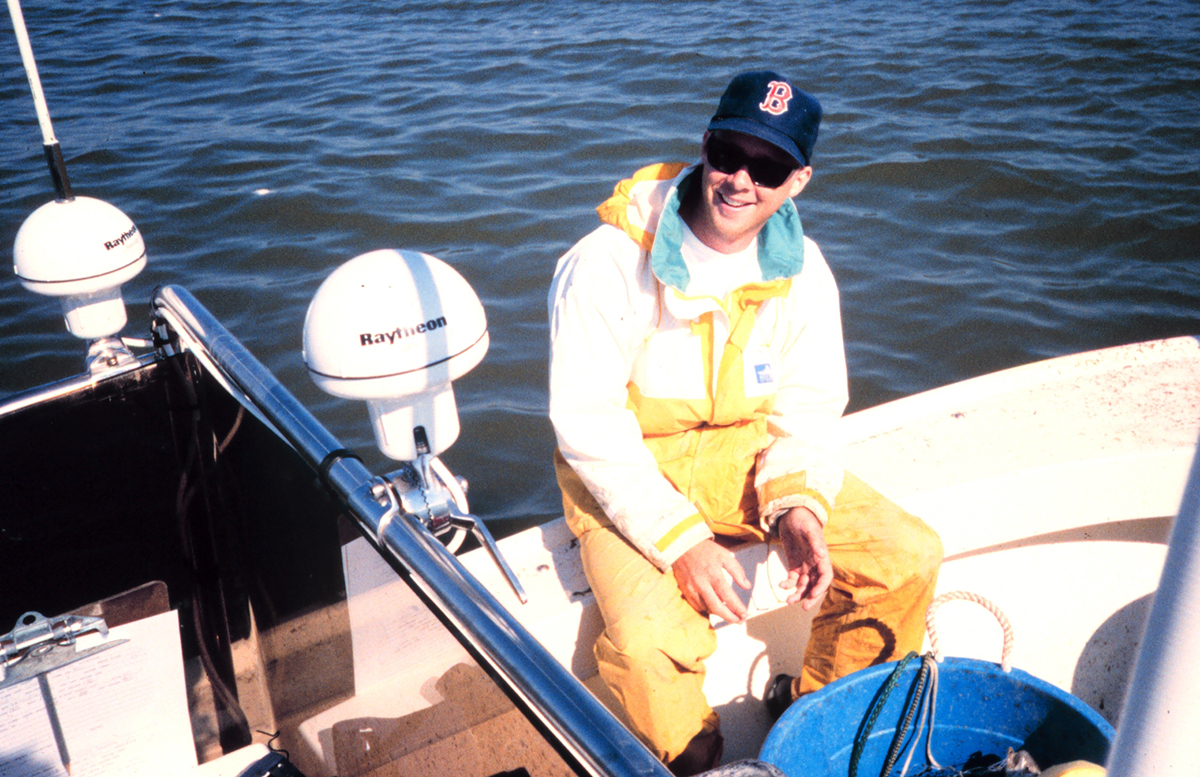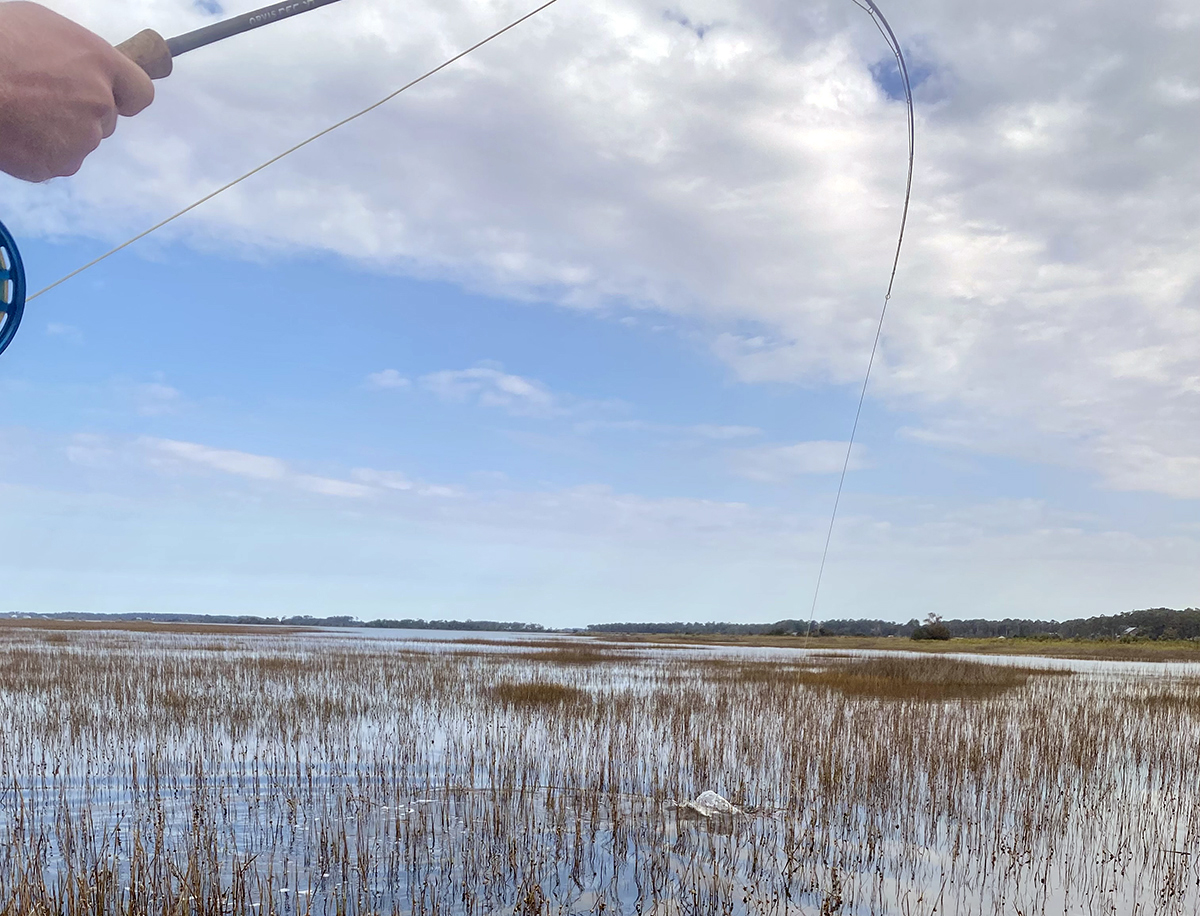
This week, the North Carolina Environmental Management Commission will consider approving a proposed “temporary” regulation to restore a permitting system to authorize activities in wetlands that federal agencies determine are no longer protected under the federal Clean Water Act.

The Department of Environmental Quality has recommended the temporary regulation. State commissions and agencies are allowed to adopt temporary rules in limited circumstances, such as the need to respond to the recent enactment of a law or federal regulation or a recent court order. Temporary regulations go into effect immediately, followed by the permanent rulemaking process, which can take years.
Supporter Spotlight
So what has given rise to the need to adopt temporary regulations to create a process for authorizing activities in wetlands, since the state has been requiring authorization of activities in wetlands for over two decades?
The short answer is North Carolina’s wetlands are protected by law as “waters of the State.” If the Department of Environmental Quality lacks a process to authorize activities that would impair or destroy wetlands, the wetlands are categorically protected and those activities are prohibited.
The longer answer requires an understanding of the interplay between federal and state law, and recent missteps by the Environmental Protection Agency and North Carolina General Assembly.
In 1996, the Environmental Management Commission adopted comprehensive wetland regulations in response to a U.S. Supreme Court decision that created uncertainty about the extent of federal protection of wetlands. The state regulations did several discrete things: defined wetlands, protected existing uses of wetlands such as flood retention and water purification, and established a permitting system to authorize activities in wetlands.
The Environmental Management Commission’s authority to adopt wetlands regulations and protect wetlands as “waters of the State” was challenged in court. We intervened in the case on behalf of the North Carolina Coastal Federation and other organizations to help defend the Commission’s authority. In 2002, the North Carolina Court of Appeals ruled wetlands are “waters of the State” and fully upheld the Commission’s duty to regulate activities impairing or destroying wetlands.
Supporter Spotlight
For many years, the federal and state partnership in protecting wetlands worked, with the State, as necessary, supplementing federal protection by requiring State authorization for activities impairing or destroying wetlands.
Then in 2018, the North Carolina General Assembly took the shortsighted action of enacting a law that repealed the part of the Environmental Management Commission’s regulations establishing a permitting system to authorize activities in most wetlands.
Importantly, the legislation only repealed authority to authorize or permit activities in wetlands, not state law or regulations defining wetlands as waters of the State and requiring protection of wetlands. At first, this law had little effect since nearly all wetlands were regulated by federal agencies. The required federal permits allowed the State to both meet its duty to protect wetlands and authorize activities through its authority to certify that the federal permits protected water quality.
Then this year, the Environmental Protecting Agency took the second shortsighted (and we contend unlawful) action of defining waters protected under the Clean Water Act to exclude many if not most wetlands.
This created the current situation where federal permits are now not required to destroy many wetlands. Because there are no federal permits, the State is unable to use its water quality certification to meet its obligation to protect wetlands as waters of the State. And the General Assembly has repealed its authority to separately authorize activities in these wetlands.
But the law is clear: these wetlands that the Environmental Protection Agency has now determined are no longer protected by the Clean Water Act remain protected under state law. The General Assembly has repealed the Department of Environmental Quality’s authority to issue permits for most of these wetlands. The Department of Environmental Quality has appropriately concluded that, if no federal permits are required to destroy these wetlands and the Department of Environmental Quality cannot issue authorizations or permits, it has no choice under state law except to prohibit all activities in these wetlands.
In requesting that the Environmental Management Commission enact temporary rules, the Department of Environmental Quality is only seeking to restore its authority to authorize activities in wetlands that now do not require federal permits.
Some might contend it would be better to keep the legal status quo in which all activities that impair or destroy these wetlands are prohibited, with no process to authorize them. But in general, the longstanding process to require authorization or permits, minimize impacts, and restore wetlands to compensate for unavoidable losses has served the State well.
And this would not be necessary if the Environmental Protection Agency had not redefined waters protected under the Clean Water Act to exclude protections for many wetlands, streams, and lakes. This action is being challenged in federal court and, if reversed, would restore longstanding federal protections. But that is a story for another day.
For now, the Environmental Management Commission should approve the request by the Department of Environmental Quality to enact a temporary regulation restoring the Department’s authority to implement its wetland protection permitting.
To stimulate discussion and debate, Coastal Review Online welcomes differing viewpoints on topical coastal issues. See our guidelines for submitting guest columns. The opinions expressed by the authors are not necessarily those of Coastal Review Online or the North Carolina Coastal Federation.







